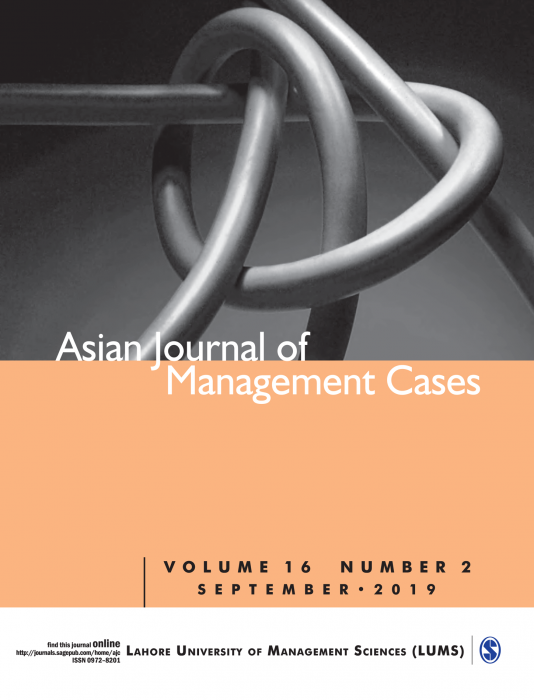

Relational theory was not yet an endorsed psychoanalytic model 30 years ago. Further studies are also necessary to more effectively understand social disadvantage in AAPI populations. Tailored interventions for AAPIs are required.

Latent class models demonstrate how social disadvantage is distributed across classes and illustrate its associations with the AUD criteria. The average number of AUD criteria among AAPI people who had experienced high levels of adversity was 2.2. 001) is more susceptible to AUD compared to Class 3 (Low Disadvantage). Results from the analyses of a multiple regression model suggest that Class 1 (High Adversity B = 1.049, SE =. Three classes were identified: Class 1 labeled "High Adversity" (8.2%), Class 2 labeled "High Discrimination" (9.7%), and Class 3 labeled "Low Disadvantage" (82.2%). In addition, the relationship between classes and the AUD criteria was examined. A three-step latent class analysis (LCA) using the Bolck, Croon, and Hagenaars (BCH) method was conducted to examine the heterogeneity within response patterns to items that describe social disadvantage among AAPIs. This study used data from the National Epidemiologic Survey of Alcohol and Related Conditions-III on AAPIs' (N = 1,801) social disadvantage, ACEs, racial discrimination, and AUD. The study explores the patterns of social disadvantage and their associations with the AUD criteria in this population. The journal welcomes manuscripts from social work Master and PhD students.The relationship between social disadvantage and alcohol use disorder (AUD) among Asian Americans and Pacific Islanders (AAPIs) is poorly understood. The journal seeks brief research proposal on the development of innovative research methology in social work around the Indonesia. Research Proposal: Shorter articles regarding social work Master and PhD research Proposal. The journal welcomes manuscripts from social work educator and practitioners as well as researchers. The journal seeks brief notes on the development of innovative intervention method or indigenous social work in Indonesia.

In particular, the journal seeks articles from all those concerned with social work issues of Indonesia The priority is given to articles contributing to development of knowledge or to theoretical understanding of social work theory, methods, research, and practice in Asian.īrief Communications: Shorter articles on social work theory and social work practice development. Original Theoretical and Empirical Papers: Research-based articles dealing with subjects of social work theory and practice in Indonesia. Khidmat Sosial: Journal of Social Work and Social Service welcomes the following types of manuscripts:
ASIAN SOCIAL WORK JOURNAL FREE
The online version is free access and download. The journal is published in online versions. Khidmat Sosial: Journal of Social Work and Social Service carries original and full-length articles that reflect the latest research and developments in both theoretical and practical aspects of social work in various countiers in Asian.


 0 kommentar(er)
0 kommentar(er)
